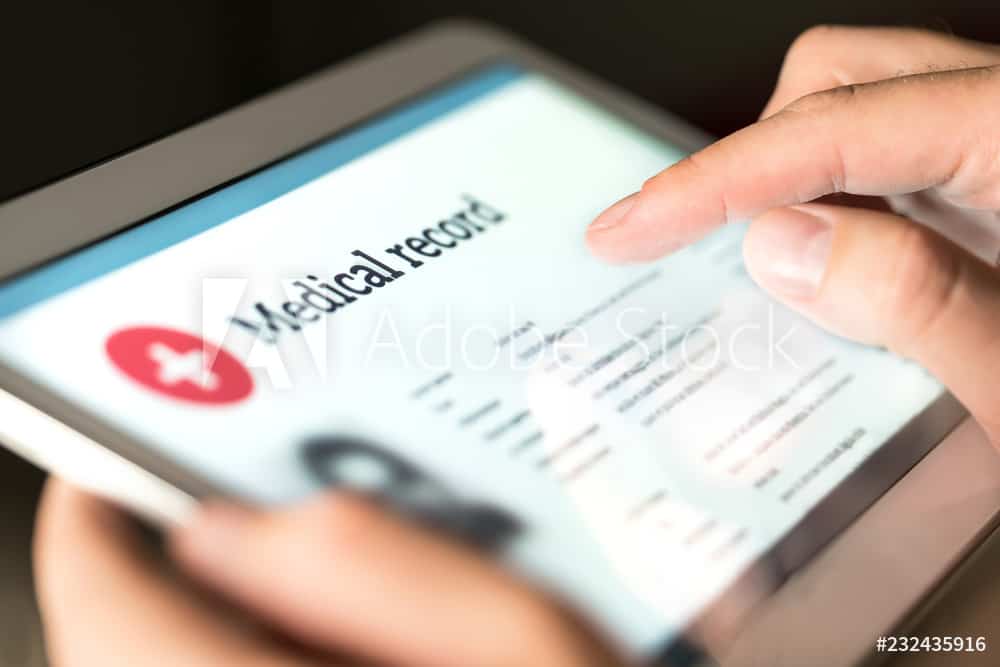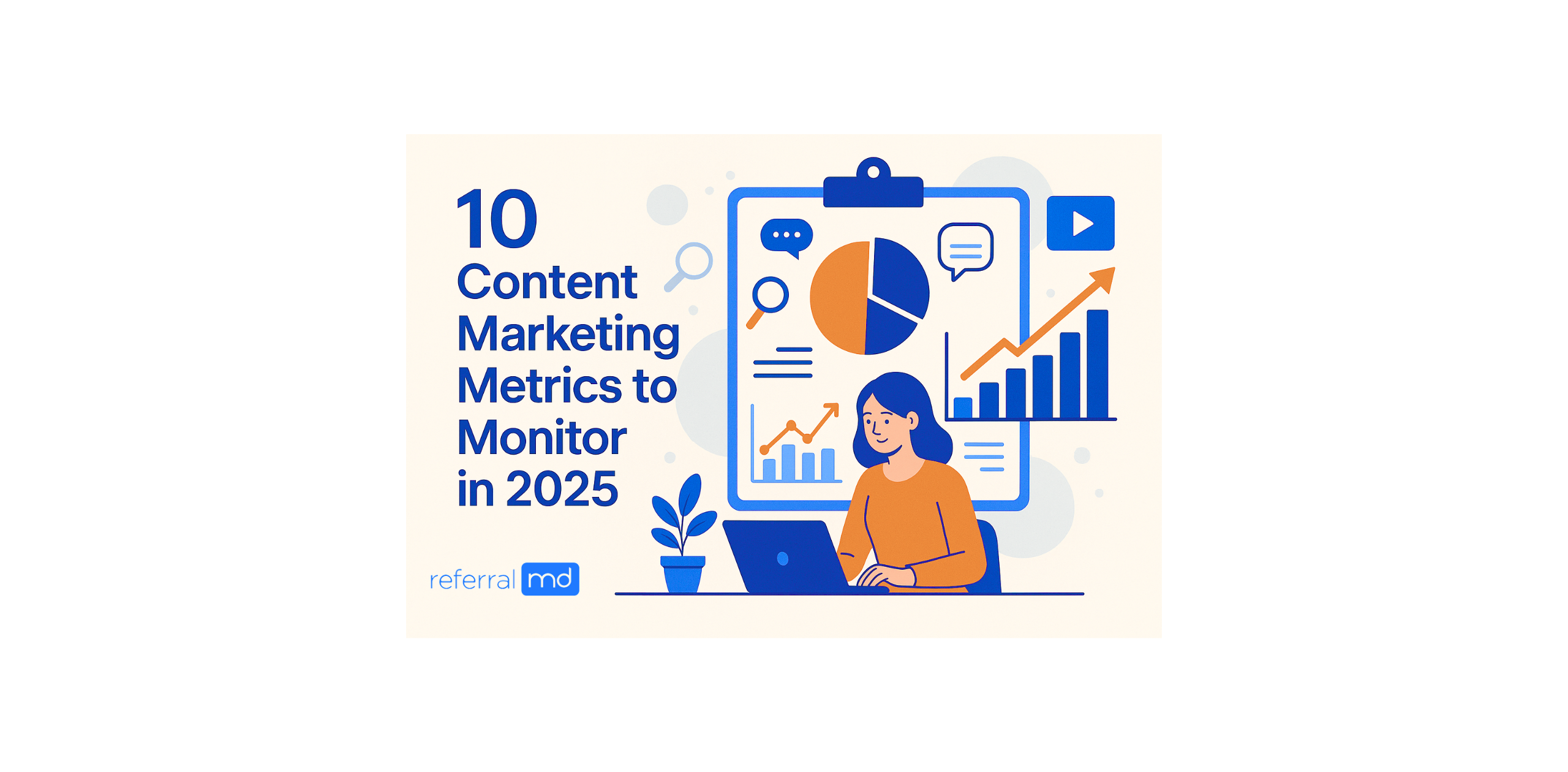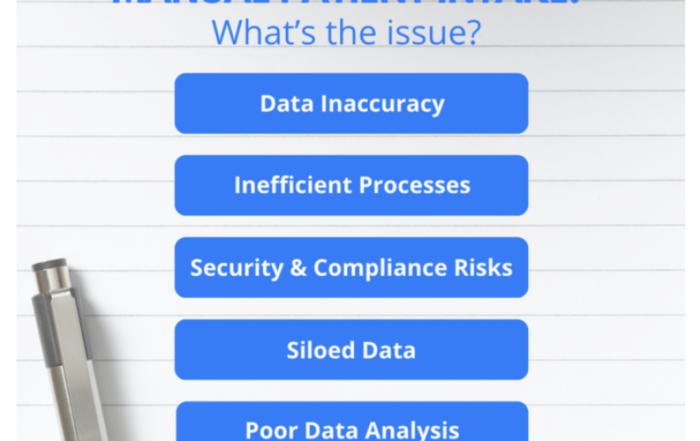Countless innovations are introduced every year. Some of the recent innovations include Virtual Assistance, Deep Machine Learning, Blockchain technology, and more. Engineers and scientists spend hours testing the new applications to see how they work and function within specific industries. According to Statista.com, national per capita, health expenditure in the U.S is the highest compared to other countries. The expense reaches close to $11,193 annually. Different healthcare legislation is introduced every 3 to 4 years. One of these laws was the MACRA Act which was signed into law on April 16, 2015. For this article, we will focus on blockchain and healthcare and is the technology is transforming healthcare.
What is Blockchain?
Blockchain was initially developed for information distribution by a person, known by his pseudo name as Satoshi Nakamoto. It was originally designed for meeting the requirements of the digital currency, known as Bitcoin. Since its inception, various digital currency platforms have sprung up, such as Ethereum, Ripple, etc. Bitcoin’s total value is around $112 billion and is one of the most used digital currencies.
How is it influencing the healthcare industry?
Its adoption is slowly coming along, but the following uses are one of the most prominent:

Photo by TheDigitalArtist on Pixabay
Secure Medical Records:
Physicians utilize clinical notes to prescribe and record patient data along with other clinical observations. Recently on the 13th of October 2018, the ACA portal (a tool used by brokers for consumers’ registrations) was breached. It is a webpage belonging to the government’s healthcare regulation body known as CMS. Healthcare data is always on the verge of being attacked. Based on Fortinet’s Q4 2017 Global Threat Landscape Report, the Healthcare industry experiences twice as many cyber-attacks as any other industry. 2017 saw an average of 32,000 intrusion attacks daily. To avoid future attacks, providers can use Blockchain technology to record their clinical notes. The blockchain protects against and is not affected by intrusion attacks. It might be the safest way as compared to other methods of securing data.
A very convenient payment method:
Since it was created to facilitate the functioning of the digital currency known as Bitcoin, Blockchain has proven to be the new benchmark of future payments for the healthcare industry. IBM healthcare is providing Blockchain functionality to providers. Its performance status is yet to be determined. One question still needs to be addressed; how well is it able to manage the workload of different medical specialties? Medical experts believe it might be the next Paypal of the healthcare industry.
Seamless sharing of data through clinical trials:
With the blockchain application, providers can easily share their information with pharmacies, labs, and other stakeholders in the industry. Information can be securely collected, and potential insights can be generated throughout the whole process. Data can be shared via consent management. This process allows the seamless sharing of information within a selective audience. The person who controls the data also provides access to the data.
Medical Billing:
Claims verification can be expedited via blockchain technology which allows for fraudulent claims to be identified without any hindrance. Employees have the ability to review transactions with greater accuracy and in real-time. Studies suggest that providers already lose $125 billion to inefficient billing workflows. According to a report, 80% of medical bills contain errors. With such a significant number of inconsistencies, data credibility takes a significant hit. Through Blockchain, such inefficiencies can be avoided and dealt with in real-time.
Revenue Cycle Management:
The definition of Denials in healthcare is the “refusal of an insurance company or carrier to honor a request by an individual (or his or her provider) to pay for healthcare services obtained from a healthcare professional.” Denials cost the practices a loss in revenue and data accuracy, although errors can eventually be reconciled. However, productivity is still lost to inefficient claims adjudication. Blockchain provides data through the platform of secure private ledgers. An entire record of all financial activities is automatically maintained. Similar to medical billing use cases, the technology facilitates every step of the way, from claims verification to utilization of smart reimbursement models, which will be developed based on the functionality offered by Blockchain. However, the facilities provided by such a technology will take time to flourish and develop into something fruitful. Experts have yet to pass a statement on the feasibility of Blockchain in the industry.
POS transparency:
Usually, EOBs (Explanation of Benefits) take a lot of time to be processed and add to the physicians’ burnout. Blockchain allows the creation of real-time EOBs, which can be generated through the platform of smart contracts, which are self-executing contracts with the terms of agreement written into the code. This functionality allows the real-time sharing of data between all the parties; the patient, the provider, and the insurance company. With this feature, everyone is in the loop and can see the execution of the entire process. Such transparency makes the regulation of RCM activities even easier.
Summary:
Blockchain has been revolutionizing different industries with its applications. In the healthcare industry, it has been setting benchmarks for the RCM services. The provision of security, convenient payment methods, sharing of information in real-time, effortless billing functionalities, and transparency. Cyber-attacks, along with long processing times, often leave organizations exhausted and out of operations. The blockchain is set to be the next Paypal of the health IT industry.










